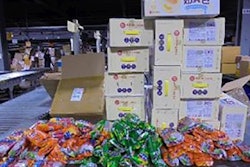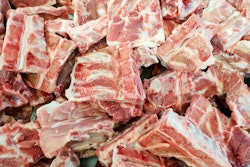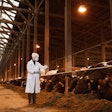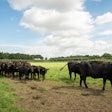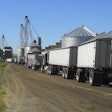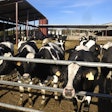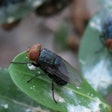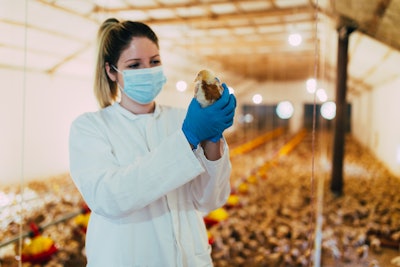
How operators prepare for and react to a poultry disease outbreak can dramatically affect the outcome.
“We are seeing a growing demand for chicken throughout the world. However, in the industry’s stride to meet this demand, we will face challenges that can be overcome only by upholding the highest standards of bird health, welfare and biosecurity,” explained Jan Henriksen, CEO, Aviagen.
“Breeding for welfare traits, and strict biosecurity, coupled with best management practices, go a long way toward keeping birds healthy. Bird health and welfare is a multi-faceted industry opportunity.”
At the International Poultry Council Second Semester Meeting, Henriksen will discuss what the poultry sector can do to prevent and mitigate the impact of disease outbreaks and the intrinsic links between animal health and animal welfare.
Henriksen shared a list of do’s and don’ts when it comes to improving poultry disease outcomes:
Do invest in biosecurity
Biosecurity is key to preventing and minimizing disease outbreaks.
“The movement of both people and equipment between farms should be meticulously controlled and continuously monitored to minimize the risk of exposure to pathogens, and there should be effective rodent and pest controls in place to prevent contamination,” he said.
Do leverage new technologies
“In addition to conventional methods, we should also leverage a wealth of new technology safeguard bird health and welfare,” Henriksen added.
Emerging technologies include climate-controlled housing that can be monitored remotely, artificial intelligence tools that can identify and quantify bird distress and smart sensors that can both detect and respond to the first sign of avian diseases.
Don’t become complacent
No matter how diligent the poultry industry is about disease control and prevention, some diseases, like avian influenza, remain a persistent threat. This means that it’s important to constantly stay vigilant and work to improve biosecurity.
“A definite "don't" for the industry when it comes to disease outbreaks is to become complacent. Complacency can be detrimental to our progress and growth. In times of prosperity, we may develop a false sense of security, which can lead to a lack of awareness regarding potential challenges,” said Henriksen.
Attend the 2023 International Poultry Council Second Semester meeting
The 2023 International Poultry Council Second Semester Meeting, scheduled for October 4-6 in Chicago, Illinois, is three days of insights and discussions on how the global poultry sector can take the lead.



